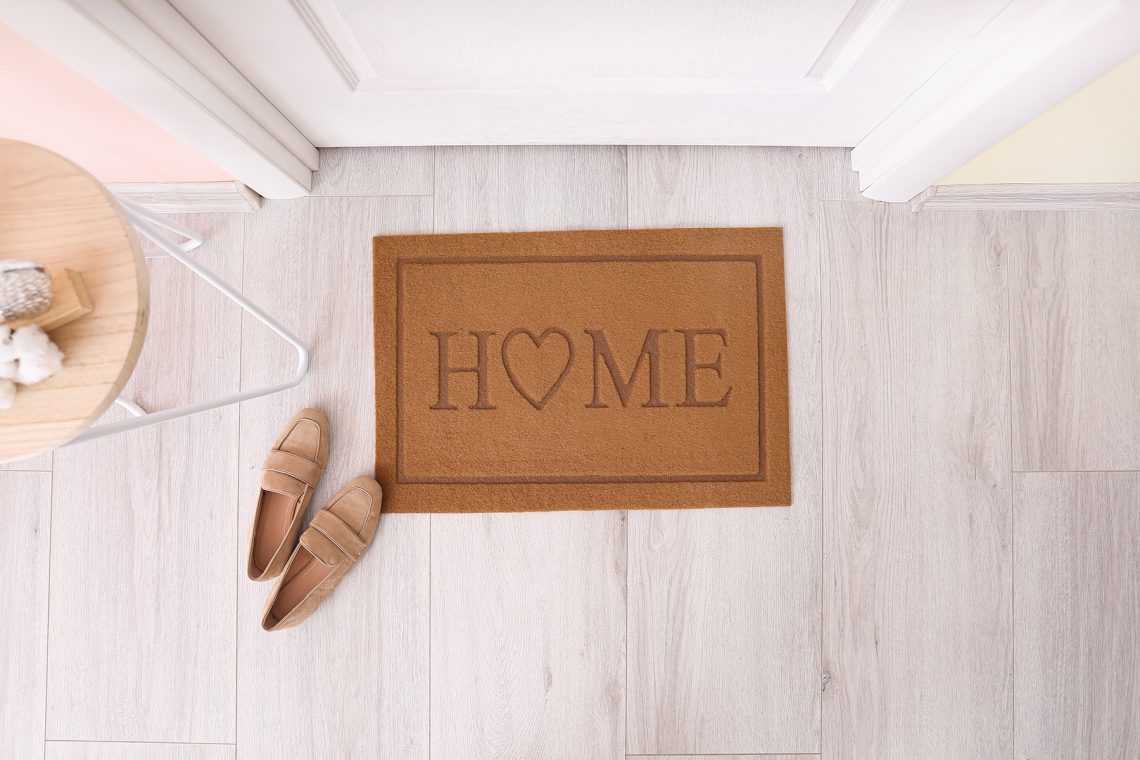When searching for a starter home, it’s essential to consider various factors to ensure that the property meets your needs and fits within your budget. Here are some key things to look out for:
- Location: Consider the location of the starter home carefully. Look for neighborhoods with good schools, low crime rates, access to amenities such as parks, shopping centers, and public transportation, and proximity to your workplace.
- Affordability: Determine your budget and stick to it when searching for a starter home. Consider not only the purchase price but also ongoing costs such as property taxes, homeowners insurance, utilities, and maintenance expenses.
- Size and Layout: Assess the size and layout of the home to ensure it meets your current and future needs. While a starter home may not need to be large, it should have enough space for your family to live comfortably. Consider factors such as the number of bedrooms and bathrooms, the layout of the living areas, and the functionality of the kitchen and other spaces.
- Condition: Evaluate the condition of the property carefully. Look for signs of wear and tear, such as cracked walls, water damage, or outdated fixtures. While some cosmetic issues can be easily fixed, major structural problems or maintenance issues could end up costing you more in the long run.
- Home Inspection: Before making an offer on a starter home, it’s crucial to have a professional home inspection. A qualified inspector can identify any hidden issues with the property, such as plumbing or electrical problems, foundation issues, or pest infestations, helping you make an informed decision about whether to proceed with the purchase.
- Future Potential: Consider the potential for future appreciation when choosing a starter home. Look for properties in neighbourhoods that are up-and-coming or undergoing revitalisation, as these areas may see increased property values over time.
- Outdoor Space: Evaluate the outdoor space associated with the home, including the size of the yard, landscaping, and any outdoor amenities such as a patio or deck. Outdoor space can significantly enhance your quality of life, especially if you have children or pets.
- Resale Value: While a starter home is typically not intended to be your forever home, it’s essential to consider its resale value. Choose a property in a desirable location with features that appeal to a broad range of buyers, as this will make it easier to sell when the time comes to upgrade.
- Homeowners Association (HOA) Rules: If the starter home is located in a community with a homeowners association, familiarise yourself with the HOA rules and regulations. Understand the monthly dues, any restrictions on property use or modifications, and the services provided by the HOA.
- Financing Options: Explore your financing options when purchasing a starter home. Consider factors such as interest rates, loan terms, and down payment requirements to find the most suitable mortgage for your situation.
By carefully considering these factors and working with a knowledgeable real estate agent, you can find a starter home that meets your needs, fits within your budget, and sets you on the path to homeownership.

